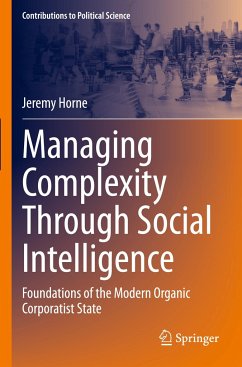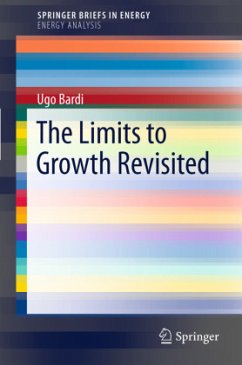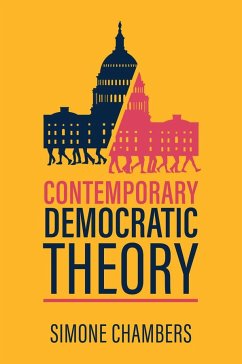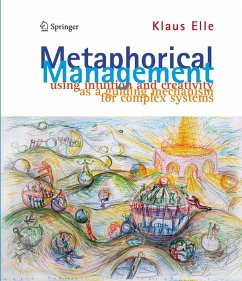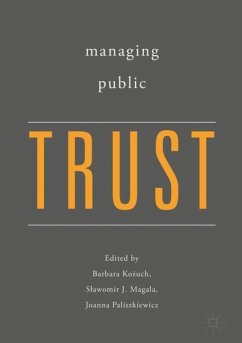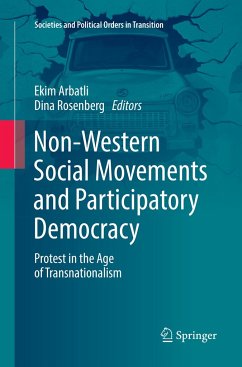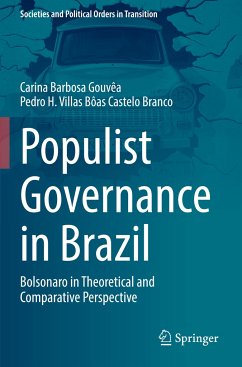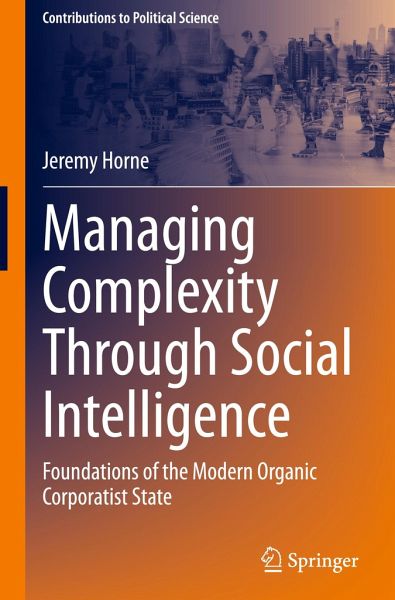
Managing Complexity Through Social Intelligence
Foundations of the Modern Organic Corporatist State
Versandkostenfrei!
Versandfertig in 6-10 Tagen
113,99 €
inkl. MwSt.
Weitere Ausgaben:

PAYBACK Punkte
57 °P sammeln!
This book presents solutions to problems that are total and based on thinking about how and why humans have organized themselves. It discusses how to avoid the now well-documented Holocene Extinction, propelled by climate change, wars, resource depletion, desertification, degrading knowledge quality, famine, and deterioration of societies overall. It explains why we cannot respond effectively with hedonistic, incompetent, corrupt, and anarchistic "liberal democracy" and why neither personality cult regimes can suffice. The book offers a model of an organic social structure embodying a collecti...
This book presents solutions to problems that are total and based on thinking about how and why humans have organized themselves. It discusses how to avoid the now well-documented Holocene Extinction, propelled by climate change, wars, resource depletion, desertification, degrading knowledge quality, famine, and deterioration of societies overall. It explains why we cannot respond effectively with hedonistic, incompetent, corrupt, and anarchistic "liberal democracy" and why neither personality cult regimes can suffice.
The book offers a model of an organic social structure embodying a collective consciousness of communitarianism and Platonic-style ethos. Putting an emphasis on the re-establishment of Classical Greek virtue, it offers solutions to resolve identity politics, alienation, and meritocracy. While doing so, the author opposes the "everyone is equal" ideology to govern the section of policymakers, instead circumscribing "rights" in terms ofresponsibilities, prioritizing education and training to carry forth the ethos of valuing truth above materialism, and developing Durkheim's social brain via a new discipline, "sociointelligence". The book goes on to explain how underpinning these elements is a comprehensive elucidation of often misunderstood words like "liberty", "freedom", "authoritarianism", and "democracy". All of these areas are arranged and combined in uniquely describing the organic society the author deems necessary to avoid human extinction. As a result, the book presents a "new organicity", where the emerging transhumanism seeks to transcend hydrocarbon-based life with humanly-constructed life.
This book will appeal to students, researchers, and scholars of political science, philosophy, and the social sciences interested in a better understanding of complexity, democratic theory, Holocene Extinction, organic thinking, and meritocratic societies.
The book offers a model of an organic social structure embodying a collective consciousness of communitarianism and Platonic-style ethos. Putting an emphasis on the re-establishment of Classical Greek virtue, it offers solutions to resolve identity politics, alienation, and meritocracy. While doing so, the author opposes the "everyone is equal" ideology to govern the section of policymakers, instead circumscribing "rights" in terms ofresponsibilities, prioritizing education and training to carry forth the ethos of valuing truth above materialism, and developing Durkheim's social brain via a new discipline, "sociointelligence". The book goes on to explain how underpinning these elements is a comprehensive elucidation of often misunderstood words like "liberty", "freedom", "authoritarianism", and "democracy". All of these areas are arranged and combined in uniquely describing the organic society the author deems necessary to avoid human extinction. As a result, the book presents a "new organicity", where the emerging transhumanism seeks to transcend hydrocarbon-based life with humanly-constructed life.
This book will appeal to students, researchers, and scholars of political science, philosophy, and the social sciences interested in a better understanding of complexity, democratic theory, Holocene Extinction, organic thinking, and meritocratic societies.





